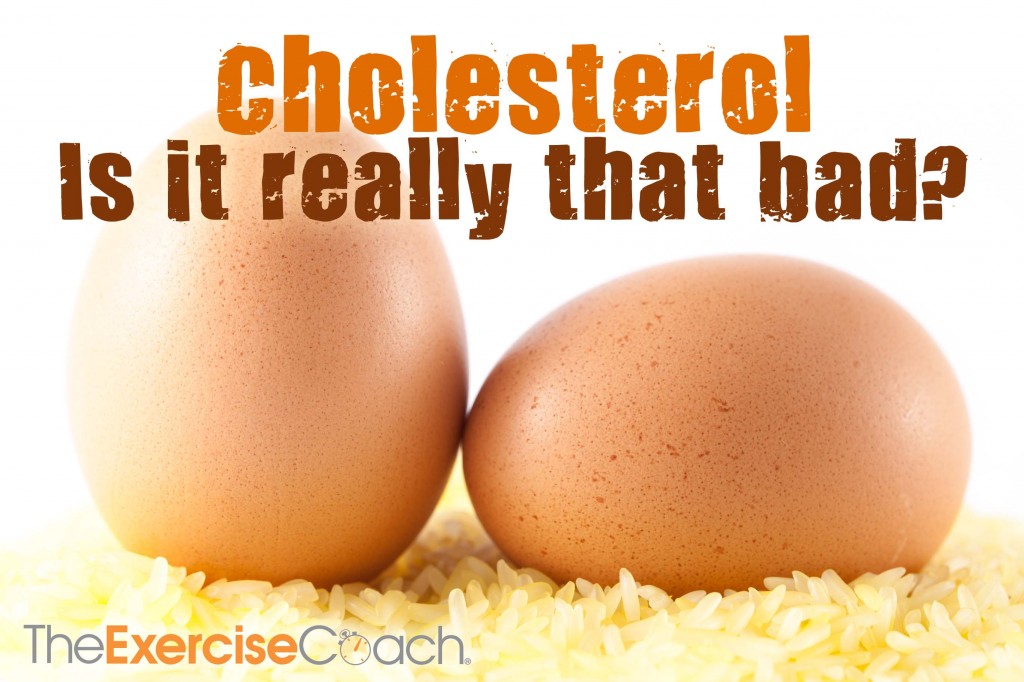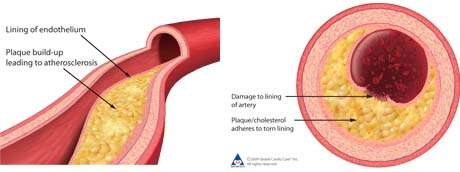
WHY WE NEED CHOLESTEROL

Welcome to our continuing series called “Cholesterol: Is it Really That Bad?” Check out the first post of our series, called The Truth About Cholesterol: Where Did We Go Wrong? Today’s post will answer the question of why we need cholesterol.
In the year 1871, a small spark in Chicago ignited The Great Fire that would eventually destroy the city and require the rebuilding of entirely new structures and roadways. It took thousands of firemen and a heavy downpour of rain to put out the flames. How could such a small spark ignite such massive destruction? Was it because the wooden buildings in the city were hastily and poorly built due to an exploding population? Was it the hot weather and summer-long drought that made the structures perfect kindling for a fire? Or was it those pesky firemen who showed up? Naturally, we would say the firemen weren’t the cause.
Believe it or not, this analogy helps us explain cholesterol’s role in heart disease and inflammation. Misinformation has led us to believe cholesterol is the enemy, wreaking havoc in our systems and setting off the destruction of heart disease and inflammation. Rather, cholesterol’s true role in the body is to “douse the flames” by healing inflammation in our arteries and veins.
WE NEED TO CLEAR UP WHAT CHOLESTEROL IS, AND WHAT IT ISN’T.
Cholesterol, chemically speaking, is a combination of a steroid ring structure and a hydroxyl group (alcohol). There is no fat in cholesterol. Cholesterol is made in the liver and lipoproteins such as LDL (low density lipoprotein) transport the cholesterol from the liver to our body’s cells. Cholesterol is found inside the LDL and HDL transporters so to speak. Now our bodies NEED cholesterol and without it we will die. Cholesterol is involved in:
- Making and repairing new cells
- Repairing nerves
- Synthesizing steroid hormones (testosterone, estrogen, cortisol, DHEA, progesterone)
- Making Vitamin D
- Stabilizing cell membranes
- Regulating homeostasis
- Improving memory
- Boosting serotonin (happy hormone)
- Making bile for fat emulsification and digestion
- Preventing hemorrhagic strokes
- Providing antioxidant properties
- Protecting the body’s immune system
ALSO, DID YOU KNOW?
When we eat and digest our food, cholesterol is the only thing that is separated and filtered out by the lymph nodes and taken to the big vein that leads into the heart…in other words, our HEART NEEDS CHOLESTEROL.*
The brain contains only 2% of the body’s mass yet holds 25% of the body’s cholesterol…in other words our BRAIN NEEDS CHOLESTEROL.*
SO IF CHOLESTEROL IS SO IMPORTANT FOR OUR BODIES, WHY IS EVERYONE SO SCARED OF IT?

(image source)
When autopsies are done, and plaque is found in arteries and veins, there is going to be cholesterol present. However, correlation doesn’t imply causation. This is why the above picture is so frightening. I know I don’t want any arteries like the one above in by body. So while the cholesterol does clog the artery it is important to understand it is attempting to heal the inflammation. A fire is to a fireman as inflammation is to cholesterol; cholesterol is not the root cause of the problem.
WHERE THERE’S SMOKE THERE’S FIRE?
Nevertheless, elevated ‘cholesterol,’ specifically LDL particles, can signal that there is indeed something going wrong inside the body. Remember, LDL is the transporter of cholesterol from the liver to the cells. Also remember, cholesterol’s job is to repair damage to tissues caused by inflammation (much of which is due to consumption of sugar, refined carbohydrates and processed vegetable oils).
On LDL’s way to repair the inflammation, it does its best to start the healing process. However, during its travels, the LDL molecule is very fragile and is easily damaged through a process called oxidization. Oxidization is caused by free radicals, bacteria and viruses found within our body. So when this transporter, LDL, is damaged, cholesterol can begin to stack up in the blood vessel. Once the artery or vein is occluded more than 70, 80, or 90%, a heart attack or stroke is likely to occur.
An interesting study recently revealed that nearly 75% of heart attack victims had normal or low levels of LDL cholesterol. Additionally, it has been reported by Austrailian author David Gillespie in his book, Toxic Oil, that looking at cholesterol numbers yields roughly a 50/50 chance at predicting heart disease yet when oxidized LDL particles are measured there is an 82% chance of predicting heart disease.
Therefore, our recommendation at The Exercise Coach® is to reduce the inflammation that leads to this plaque build-up in the arteries, rather than fear dietary cholesterol. And reducing inflammation is precisely what our exercise and nutrition program is designed to do!
In the next blog, we will investigate the role that diet and drugs play with cholesterol, and will examine alternative ways to prevent heart disease.
* Source: Stephanie Seneff, Senior Research Scientist, MIT
Read the rest of this series:
Part 2 – The Truth About Cholesterol: Where Did We Go Wrong?
Part 3 – Why We Need Cholesterol
Part 4 – High Cholesterol vs. Low Cholesterol
Part 5 – Cholesterol Does Not Cause Heart Disease.
